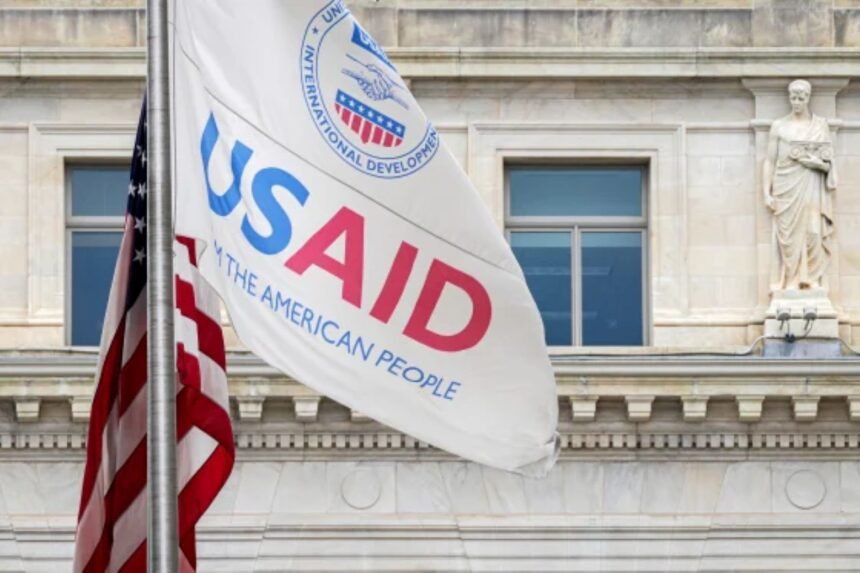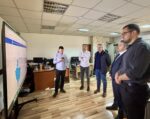Belgrade – Serbian police raided the offices of at least four civil society organizations on Tuesday as part of an investigation into alleged misuse of funds from the United States Agency for International Development (USAID) in Serbia, reports VOA.
This move follows the decision by the administration of U.S. President Donald Trump in January to freeze USAID funding for 90 days. Since then, steps have been taken to dismantle the aid agency, including the dismissal of over a thousand employees.
Serbian State Prosecutor Nenad Stefanović stated that Serbia has requested information from the U.S. Department of Justice regarding alleged fund misappropriation and money laundering linked to USAID. He referenced statements made by President Trump, Secretary of State Marco Rubio, billionaire Elon Musk, and other U.S. officials following the funding freeze.
The Serbian anti-corruption department has instructed police to collect intelligence, verify information, and gather evidence related to suspicious USAID expenditures, fund misuse, and potential money laundering, Stefanović added.
Authorities have been directed to obtain complete documentation regarding USAID donations to four non-governmental organizations.
Two Belgrade-based organizations, the Center for Research, Transparency, and Accountability (CRTA) and Civic Initiative, confirmed that police raided their offices on Tuesday.
CRTA, which conducts independent election monitoring in Serbia, stated on the X platform that it is “fully cooperating with state authorities.”
Civic Initiative condemned the raid as a “serious attack on fundamental civil rights and a continuation of unlawful pressure on civil society in Serbia.”
“The use of police for political purposes represents a severe abuse of state institutions to suppress dissent and restrict free and democratic activities in Serbia,” the organization said in a statement.
The raids come at a time when populist President Aleksandar Vučić and his government face mounting anti-corruption protests. Student-led demonstrations have grown into a nationwide movement against corruption, creating political challenges for Vučić, a vocal supporter of President Trump and Russian President Vladimir Putin.
Since the 1990s, USAID has invested billions of dollars in countries such as Moldova, Serbia, Albania, Kosovo, and Bosnia and Herzegovina—all former communist states aspiring to join the European Union.
USAID funds in these countries have supported democratic institutions and reforms, infrastructure development, energy security, business growth, and independent media.
In Serbia, however, most USAID donations have reportedly gone to state institutions, according to opposition officials and independent media reports.







